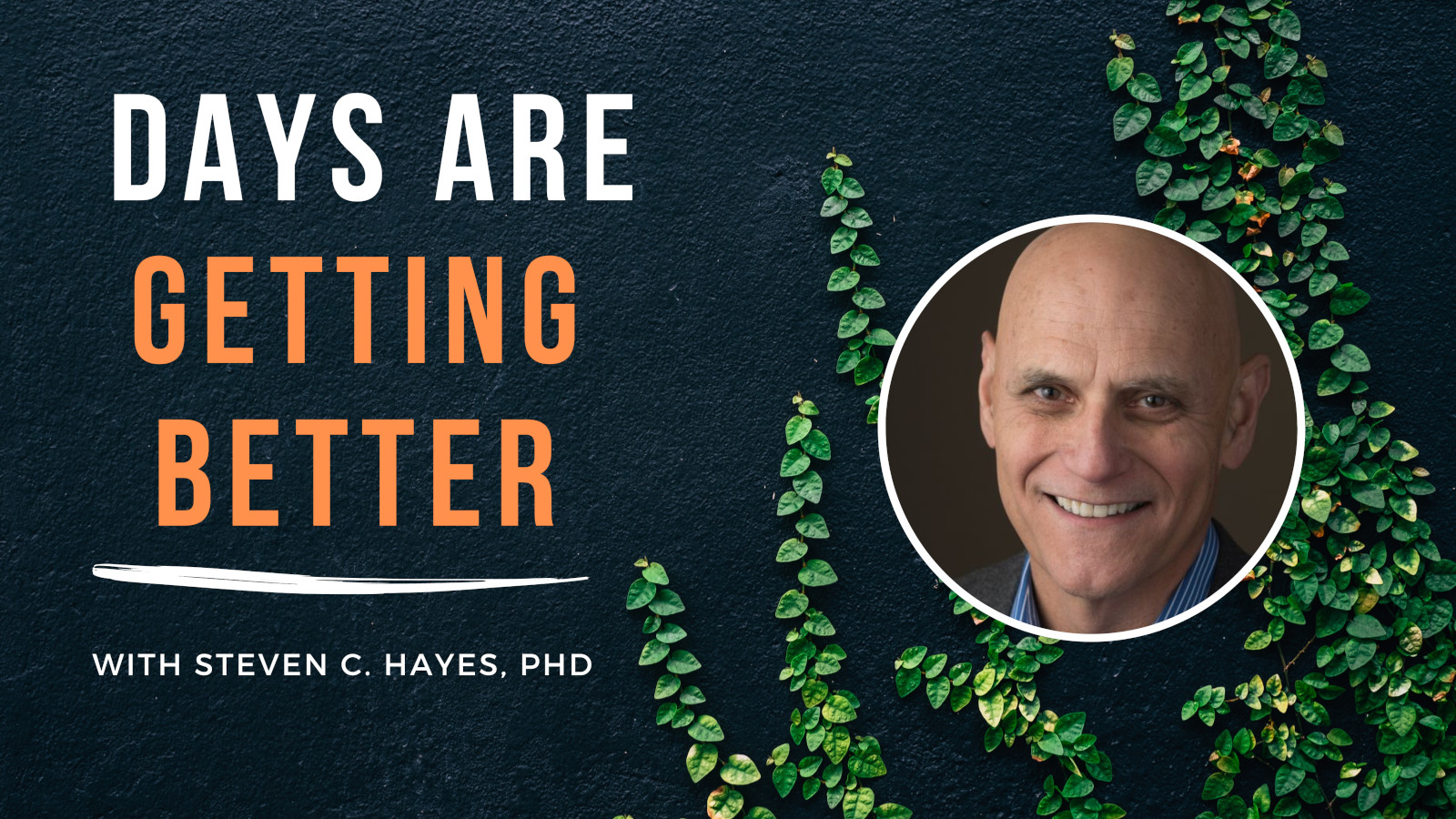Welcome.
I’m a psychologist, researcher, originator of Acceptance and Commitment Therapy, Relational Frame Theory, and co-developer of Process-Based Therapy. I’ve spent the past four decades studying how to ease human suffering and empower people towards a values-based life.

Short Bio
Dr. Steven C. Hayes is an Emeritus Professor of Psychology at the University of Nevada, Reno and President of the Institute for Better Health, a 45-year old charitable organization dedicated to better mental and behavioral health.
His work has been focused on developing a new behavioral science approach called Contextual Behavioral Science. He originated its underlying philosophical of science (Functional Contextualism), its basic science of human higher cognition (Relational Frame Theory or "RFT"), its application to individual psychological change (Acceptance and Commitment Therapy or Training, "ACT" in either case), and co-developed its application to the development of more cooperative groups (Prosocial). He has helped develop a model of human suffering and human prosperity (the Psychological Flexibility Model), a new method of analyzing processes of change (idionomic analysis), a new vision of what evidence-based intervention should be (Process-Based Therapy), and he has extended multidimensional and multilevel evolutionary thinking to human problems of all kinds.
His work has been celebrated with several awards, such as the Lifetime Achievement Award from the Association for Behavioral and Cognitive Therapies and the Impact of Science on Application Award from the Society for the Advancement of Behavior Analysis.
With 47 books and nearly 700 scientific articles published, Dr. Hayes is one of the most cited psychologists in the world as he continues to innovate in the field of psychology.
Approved Media Photos
Click the button below to access the downloadable pictures.
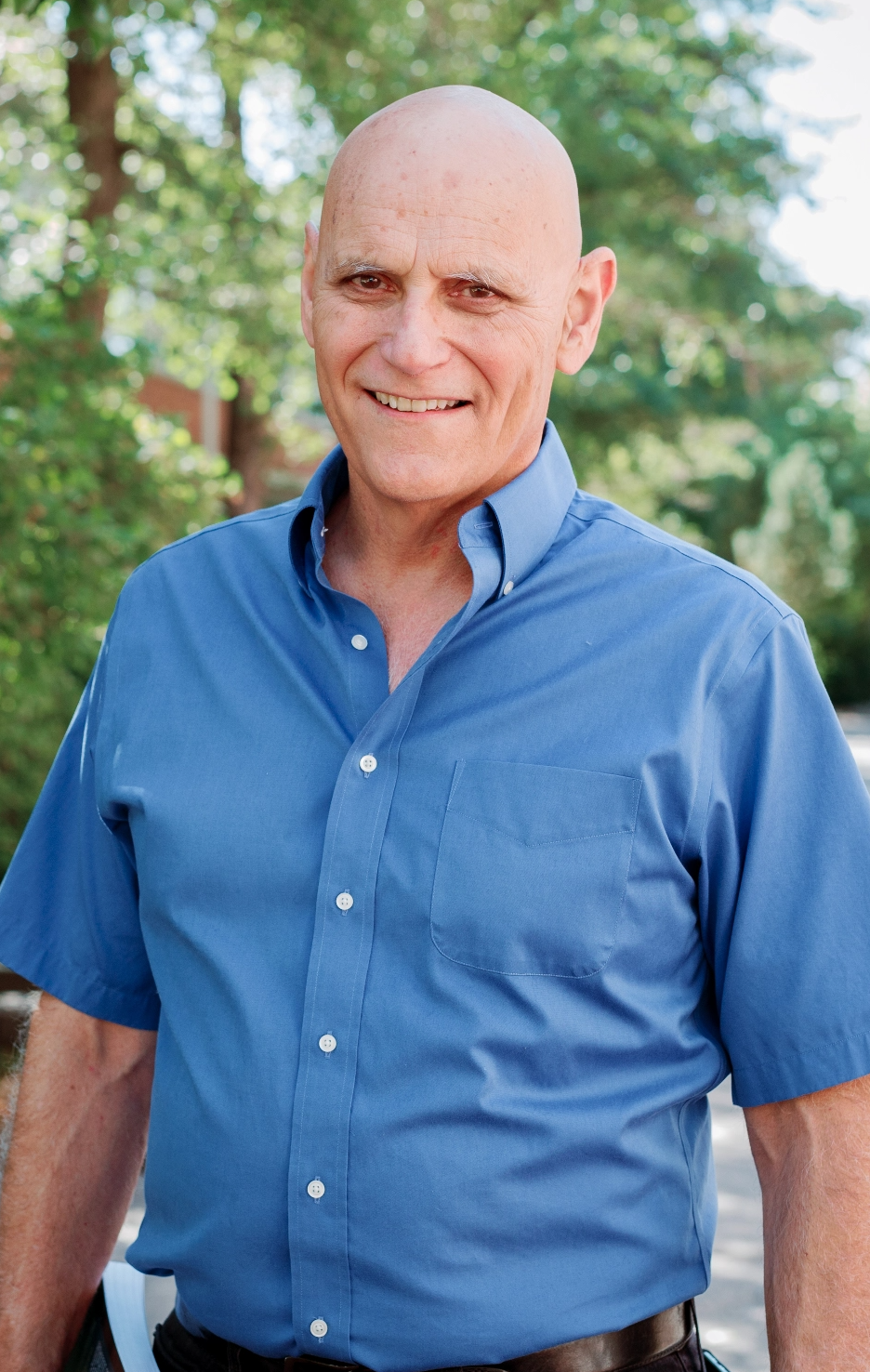
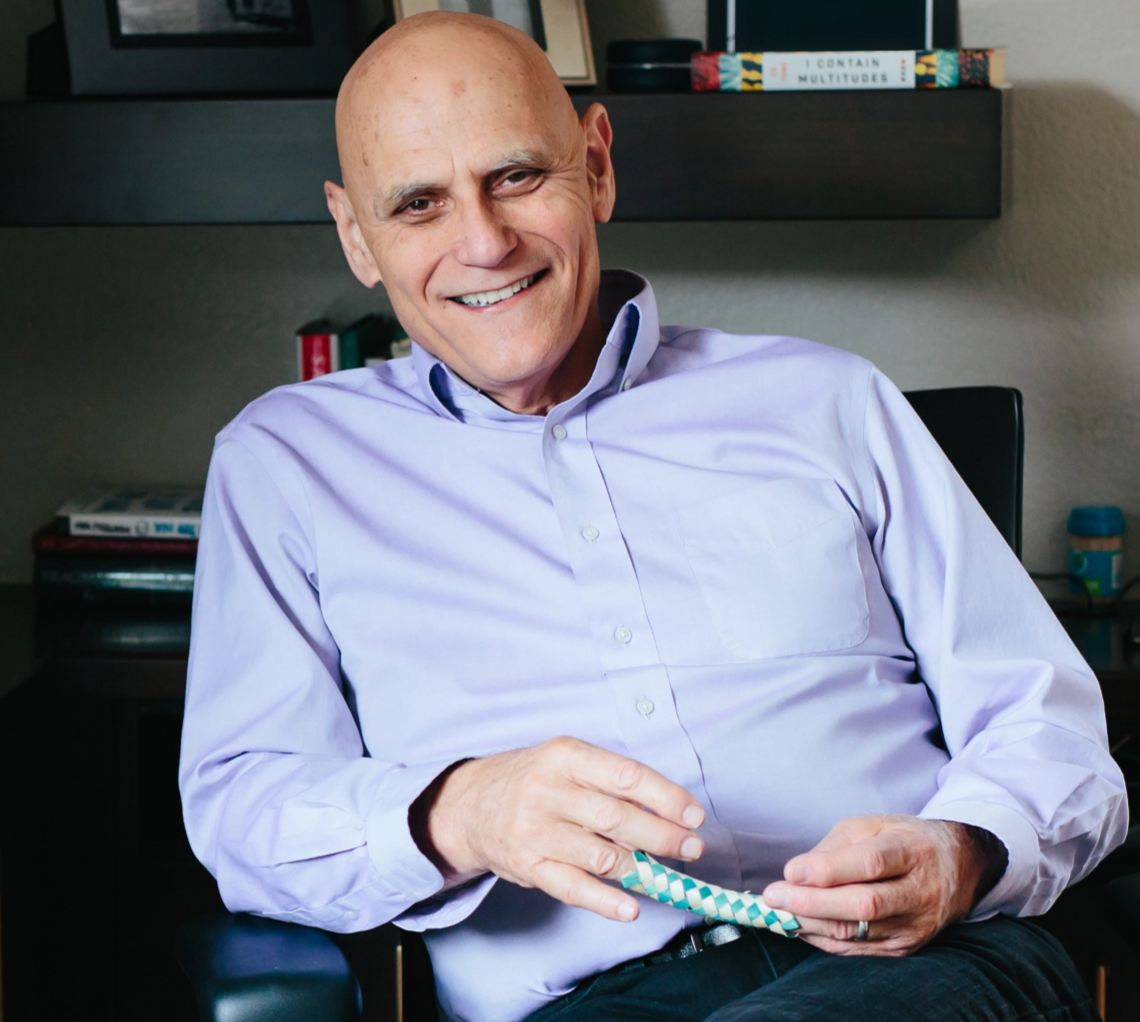
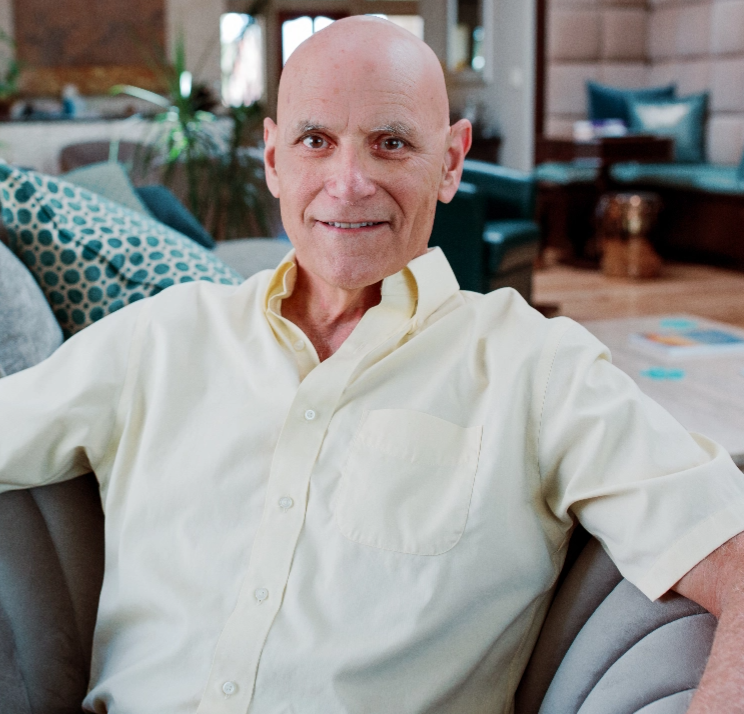
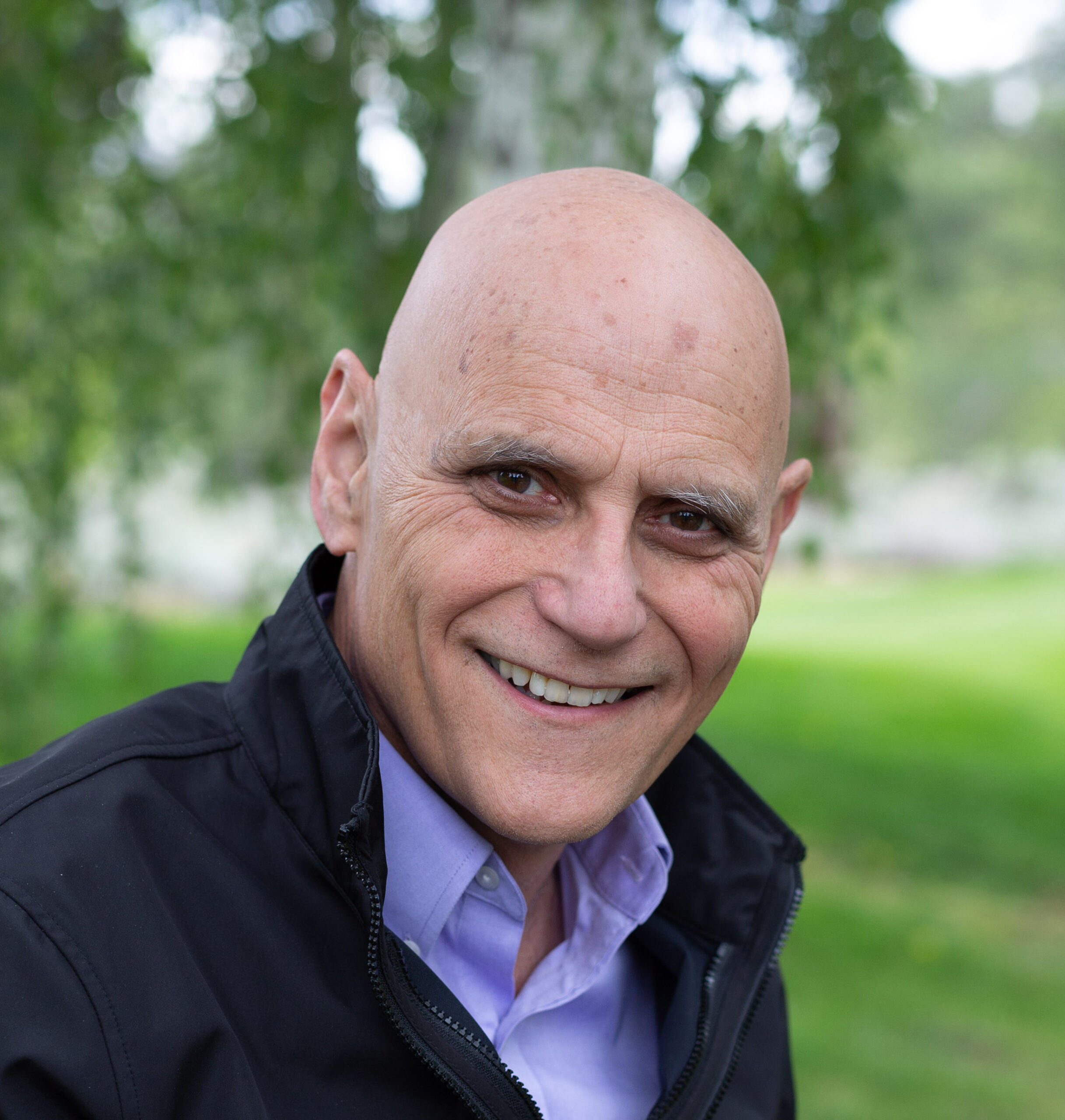
Long Bio
Steven C. Hayes is a Nevada Foundation Professor of Psychology in the Behavior Analysis program at the University of Nevada. An author of 47 books and nearly 700 scientific articles, his career has focused on an analysis of the nature of human language and cognition and the application of this to the understanding and alleviation of human suffering. He is the developer of Relational Frame Theory, an account of human higher cognition, and has guided its extension to Acceptance and Commitment Therapy (ACT), a popular evidence-based form of psychotherapy that uses mindfulness, acceptance, and values-based methods. He is a co-developer of Process-Based Therapy (PBT), a new approach to evidence-based therapies more generally.
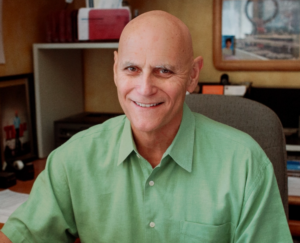 Dr. Hayes has written a small number of books for the public, in addition to his many books for professionals. His first, Get Out of Your Mind and Into Your Life (written with Spencer Smith) was described in a five-page story in Time Magazine in February 2006 and for a time was the #1 best selling self-help book in the United States. His latest, A Liberated Mind: How to Pivot Toward What Matters, tells the scientific and personal story of psychological flexibility and topped out as among the top 800 best-selling books on Amazon. His TEDx Talks and YouTube presentations for the public exceed 1.6 million views; his blogs at Psychology Today, Medium, and other outlets have been read over 2.5 million times.
Dr. Hayes has written a small number of books for the public, in addition to his many books for professionals. His first, Get Out of Your Mind and Into Your Life (written with Spencer Smith) was described in a five-page story in Time Magazine in February 2006 and for a time was the #1 best selling self-help book in the United States. His latest, A Liberated Mind: How to Pivot Toward What Matters, tells the scientific and personal story of psychological flexibility and topped out as among the top 800 best-selling books on Amazon. His TEDx Talks and YouTube presentations for the public exceed 1.6 million views; his blogs at Psychology Today, Medium, and other outlets have been read over 2.5 million times.
Dr. Hayes has been President of Division 25 of the APA, of the American Association of Applied and Preventive Psychology, the Association for Behavioral and Cognitive Therapy, and the Association for Contextual Behavioral Science. He was the first Secretary-Treasurer of the Association for Psychological Science, which he helped form and has served a 5-year term on the National Advisory Council for Drug Abuse in the National Institutes of Health. He is a Fellow of the American Association for Advancement of Science, and is on the Advisory Board of USERN, which represents scientists who are in the top 1% of their field. He is President of the Institute for Better Health, a 45-year-old charitable organization dedicated to excellence in clinical training.
Google Scholar data ranks him among the top 935 most cited scholars in all areas of study and Research.com lists him as the 63rd highest-impact psychologist in the world. His work has been recognized by several awards including the Exemplary Contributions to Basic Behavioral Research and Its Applications from Division 25 of APA, the Impact of Science on Application award from the Society for the Advancement of Behavior Analysis, and the Lifetime Achievement Award from the Association for Behavioral and Cognitive Therapy.
Explore Steven’s…
Academic Lineage
Steven C. Hayes grew up in southern California, attended high school and college there in the 1960’s, and was influenced by the heyday of the hippie counter-culture. He came to psychology with an interest in its impact on human development and well-being, such as was described in Maslow’s self-actualization approach. He found in B. F. Skinner’s utopian novel Walden II a way of combining that interest with experimental science. Like many in the counter-culture, he developed a casual interest in eastern philosophy, and lived for a few months in an eastern religious commune in Grass Valley, California.
As a student at Loyola Marymount University in Los Angeles in 1966 he was exposed to behavior therapy, and gravitated toward it. His first undergraduate paper was on the possibility of applying exposure methods to emotions, not just situations. He completed an honor’s thesis comparing response prevention, shaping, and observation in the reduction of avoidance behavior in rats. Getting into graduate school proved to be unexpectedly difficult, due to a poor letter from a faculty member who objected to his hippie appearance, but after two years of failure the problem was detected and solved and he was accepted into the doctoral program in clinical psychology at West Virginia University (WVU).
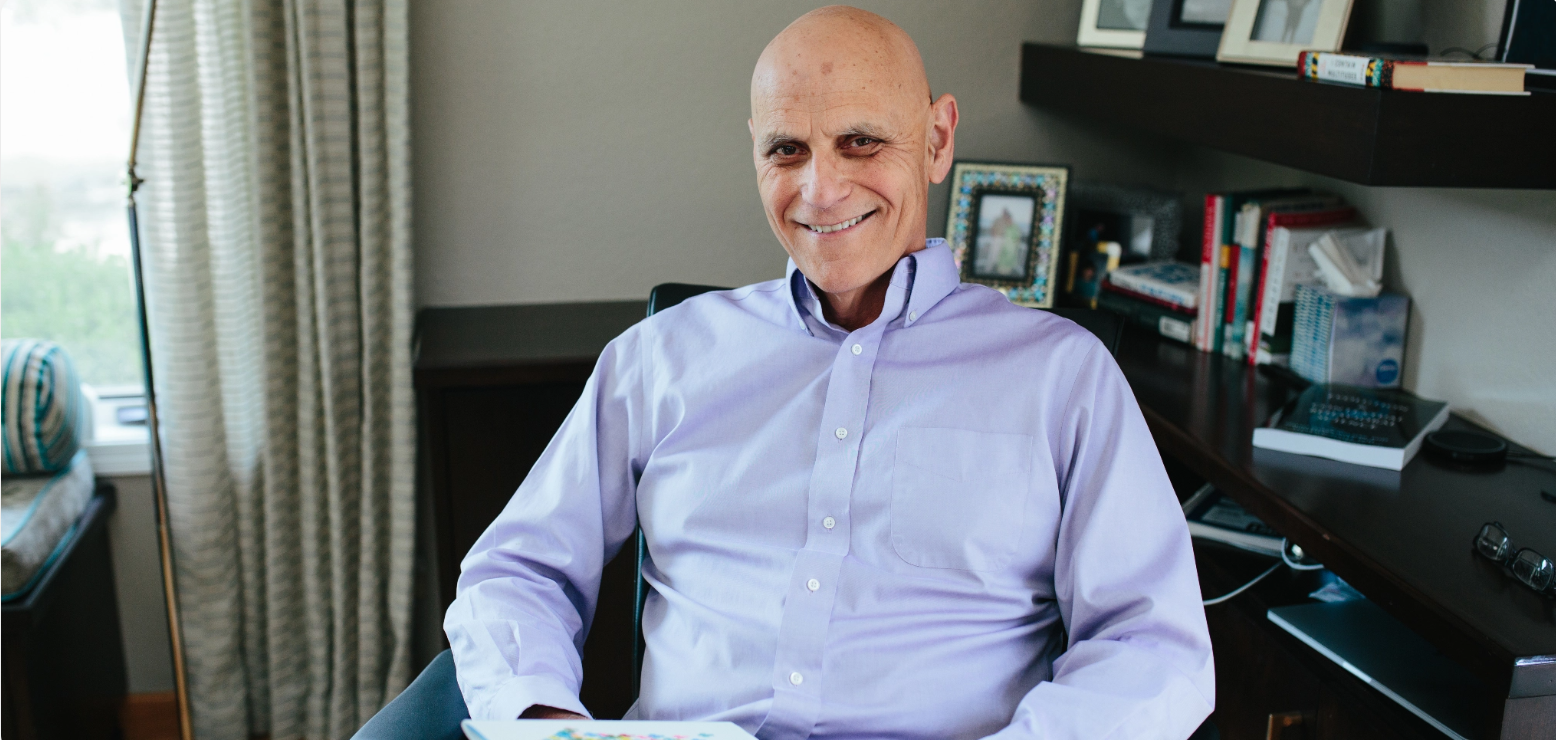
WVU’s psychology department was (and remains to this day) one of the strongholds for Behavior Analysis. The faculty he worked with in his doctoral training were behavior analysts or cognitive behavior therapists including John Cone, Rob Hawkins, Andy Lattal, Nathan Cavior, John Krapfl, and Hayne Reese, publishing both human and animal work.
Other than Skinner, Steve’s biggest early intellectual influences were his undergraduate advisor, the late Irving Kessler; his major advisor at WVU, John D. Cone; his internship advisor at Brown University, David H. Barlow; and his early colleagues at UNC-Greensboro where he took his firm academic job (1976-1986), Rosemery O. Nelson and the late Aaron J. Brownstein. Kessler was an early behavior therapist, completing a dissertation on eye blink conditioning at the University of Southern California in 1966. John D. Cone founded the journal Behavioral Assessment and studied under the psychometrician Allen Edwards, who studied under a graduate of the functionalist school at the University of Chicago. David H. Barlow is a well-known behavior analytically oriented clinical researcher who is still a leading figure in cognitive behavioral therapy. Rosemery O. Nelson was a leading behavior therapist and behavioral assessment expert and was the first female President of the Association for Behavioral and Cognitive Therapies. Aaron J. Brownstein was a leader basic behavior analytic researcher.
Steve has been at UNR since 1986 and will retire from teaching in July 2023. Since coming to UNR he has worked closely with numerous ACT and RFT experts from around the world and will have graduated 57 Ph.D.s (49 at UNR alone) when he steps down from teaching.
Over the last decade his intellectual partnership with Stefan Hofmann has been especially notable. Stefan is a Humboldt Professor at the Phillips University of Marburg in Germany. He also worked with Barlow and is one of the leading cognitive behavioral therapy researchers in the world. An early and vigorous critic of ACT when it first become notable after the Time Magazine story about ACT self-help in 2006, Steve and Stefan were surprised to find after their multiple debates about the “third wave” of CBT (a term Steve coined in 2004 to describe the new work on acceptance, mindfulness, and values in CBT) that they shared a deep commitment to the processes that underlie human prosperity and human suffering. Together they transformed a contentious professional relationship into a close personal friendship and professional partnership. Along with their colleague Joseph Ciarrochi at Australian Catholic University and others, they have spent the last several years trying to help psychology go beyond syndromal diagnosis toward what they call an “idionomic approach” to processes of change in which the focus is on biopsychosocial change processes that empower individual development.
Join Steve’s Newsletter
Get exclusive access to my podcast Days Are Getting Better and my best content straight to your inbox. Your information is protected and I never spam.
